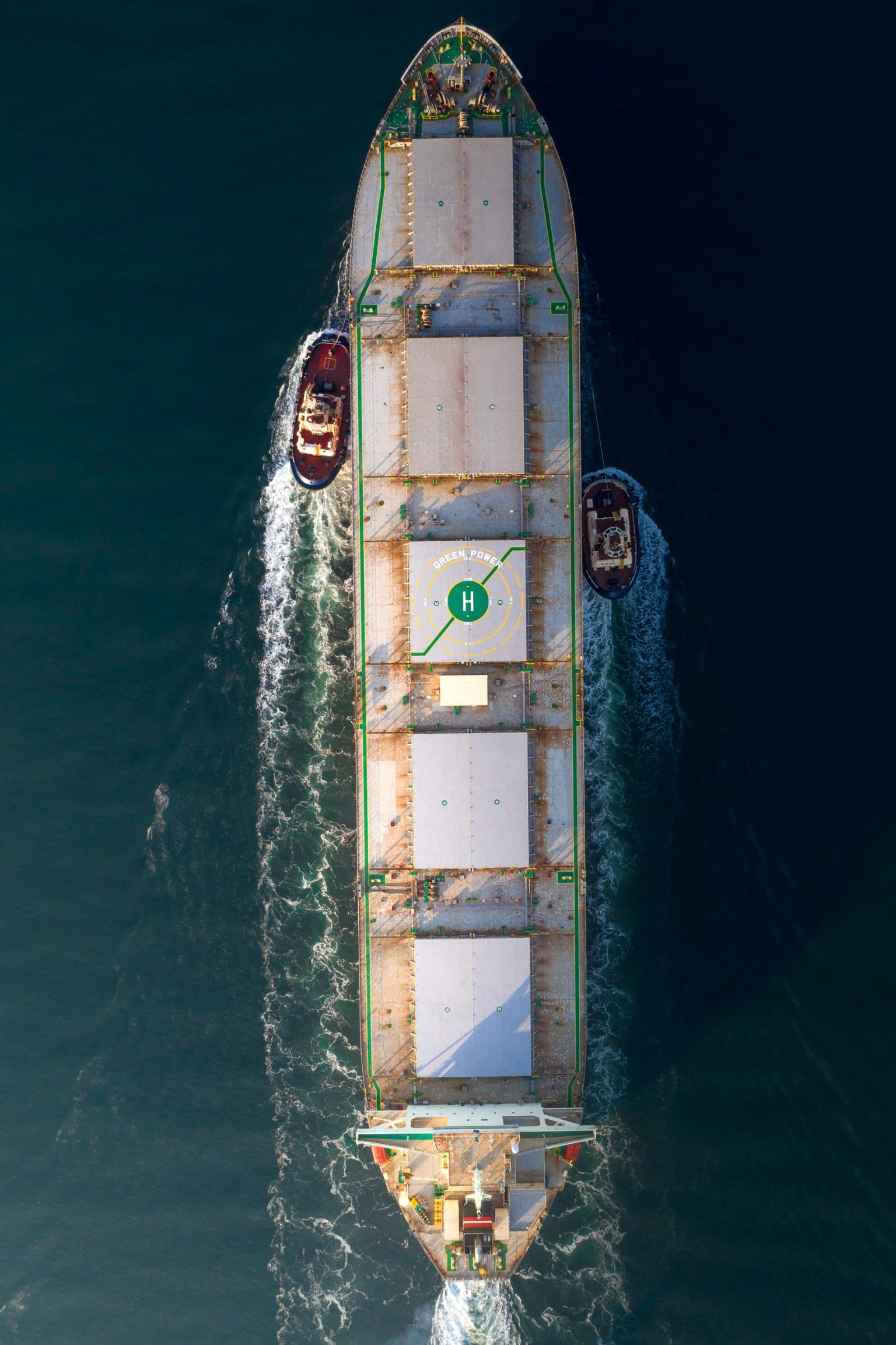It is critical that skills training and development keep pace with the speed of technological evolution in the maritime sector, or the sector will be handicapped.
This was the message from several speakers during a dedicated Maritime Session at the Southern African Transport Conference (SATC), being held in Tshwane this week.
“There is a risk of focusing on technology and forgetting that seafarers are critical in the movement of ships and cargo,” said Tebogo Mojafi, senior manager: maritime research at the South African Maritime Safety Authority (SAMSA). “Without seafarers, world trade will be negatively impacted. We must develop the skills, knowledge and attitudes needed in the current and the future seafarers’ profession.”
Mojafi delivered a presentation outlining how the role of seafarers is changing due to technology impacts on global industries. He urged maritime education and training institutions to continue developing the customised training that seafarers need to function in the sector.
This requires capacity building in terms of attracting non-seafarers and seafarers to assist in teaching and training future seafarers, and getting business to support the training, he said.
Such calls were in line with the SATC theme of “Upskilling and reskilling the transport industry for current and future challenges”. They have particular relevance to the maritime sector, with its role as a global nexus of multiple disciplines – e-commerce, logistics, trade, geopolitics, the internet of things, etc.
Mvuyisi Dlakavu, national seafarer development programme manager at the South African International Maritime Institute (SAIMI), showcased some of the initiatives aimed at addressing these rapidly transforming skills requirements.
These included finding cadetship berths for South Africans, enabling them to gain invaluable seagoing experience aboard trading vessels, under the guidance of industry professionals. In the past year, 57 cadets have been enrolled in the programme, at partner organisations including Maersk, BSM, CSM and V-Ships. These positions offer opportunities to work as engine cadets, deck cadets and electro-technical officer (ETO) cadets.
A panel discussion featuring Maputo Port COO Marla Calado and South African Maritime Safety Authority COO Sobantu Tilayi emphasised that maritime training must translate into employment opportunities.
For this to happen, training stakeholders – training institutions, employers and governments needed to work together to ensure graduates gained relevant skills needed by the industry.
Many maritime industry skills are already being developed through institutions like the Transport Education and Training Authority (TETA), and the Transnet Academy, which both showcased their training offerings to delegates.
There are also major opportunities to advance maritime policymaking through science and research. Prof Priscilla Baker of the University of the Western Cape shared her research into quantitative reporting of sulfates in seawater. This research can help gain valuable insights into ocean pollutant levels, and how to regulate them.
Building capacity is also about entrepreneurial development – especially in the emerging maritime sector. Unathi Sonti, executive chairman of the Eastern Cape Maritime Business Chamber, highlighted the challenges that entrepreneurs face in the maritime industry – including significant barriers to entry.
“The maritime chamber exists specifically to provide a strong support network and advocacy so that small businesses can establish themselves in the maritime sector,” he said.
The sessions reinforced the need to match skills and capacity to the accelerating evolution of the maritime sector. But they also showcased an encouraging commitment by industry stakeholders to achieving this – for the benefit of the region and its people.



